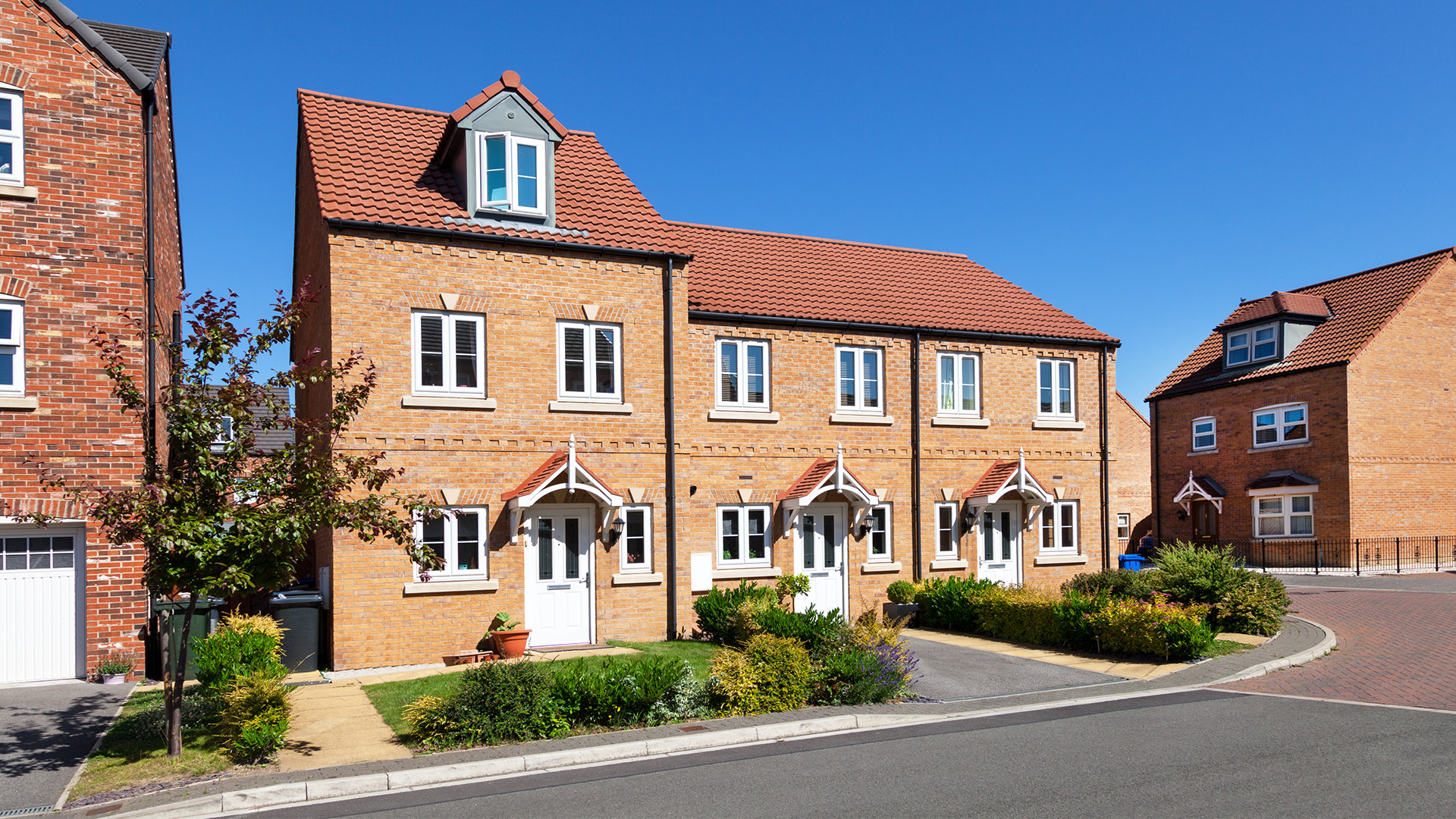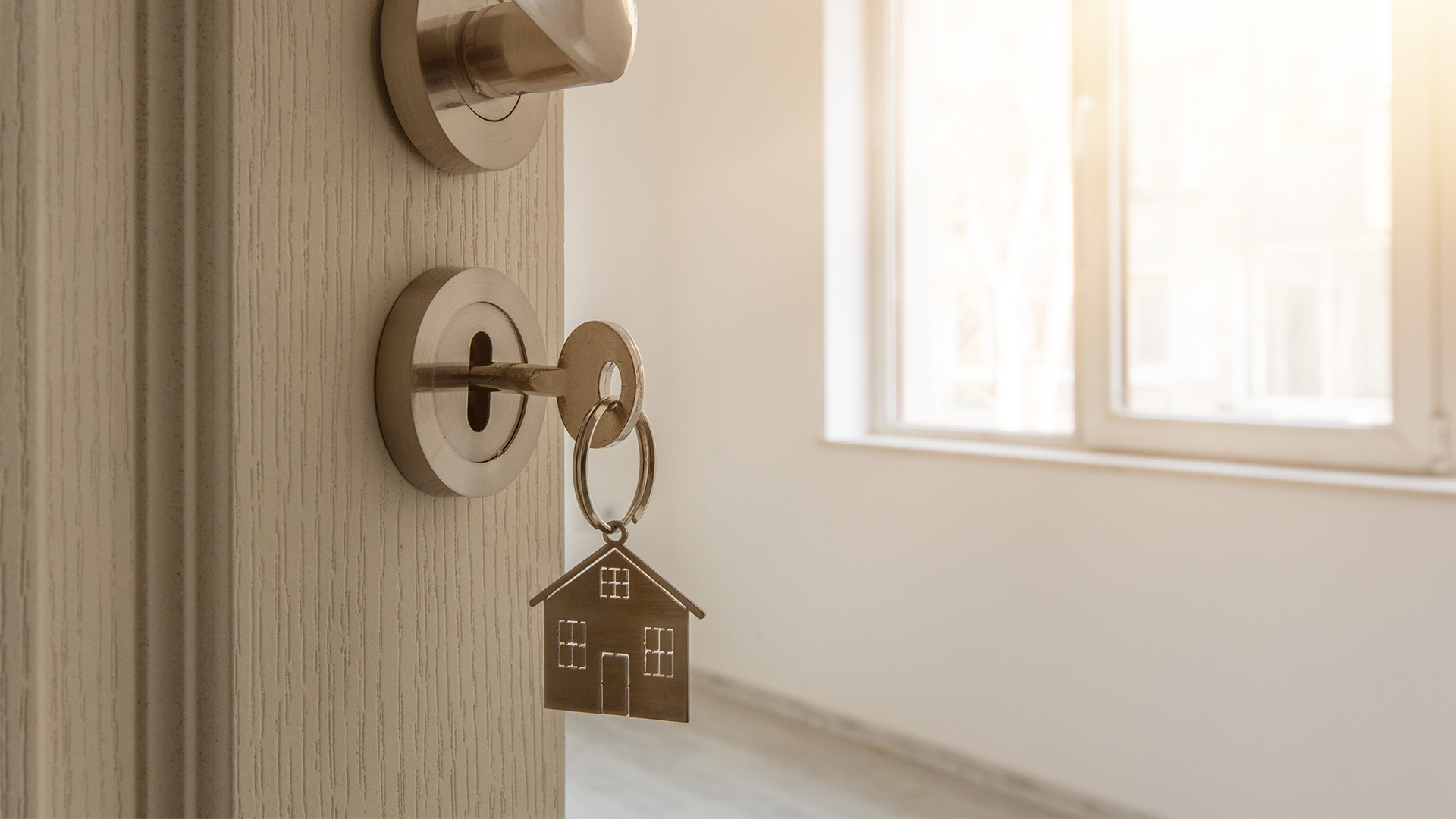Rent Setting Policy 2024
Published February 2024 An accessible document from southtyneside.gov.uk
Introduction
This policy has been developed to ensure that rent setting methods are fully understood for South Tyneside Council tenancies; the policy should be transparent and easily understood.
South Tyneside Council will comply with the Rent Standard, which is monitored by the Regulator of Social Housing, and any other Government and Regulatory Standards around rent setting.
The policy sets out our approach to rent setting, complies with regulatory standards and legislation, whilst ensuring that the business remains financially viable.
South Tyneside Council will maximise income to secure rental income, to enable the delivery of high-quality services to tenants and assist with planning for future services to tenants and ensure adequate investment within its homes to keep our homes up to Decent Homes Standard.
South Tyneside Council will ensure that rent levels remain affordable for its residents within the flexibility of the guidance.
All rent will be set in-line with latest guidance.
Policy Scope
The policy covers rent setting for current Housing Revenue Account tenancies and the mechanisms that will be used to calculate rents on an annual basis, which is in line with the prescribed government rent setting formula.
Currently South Tyneside Council offers in the main social rented tenancies, however through the development of new homes through our new build programme we do now offer affordable rents, and we plan to increase the number of homes allocated at an affordable rent level; most new build development will charge affordable rent levels in agreement with Homes England and the affordable homes grant conditions.
This policy does not cover rent on any garages, non-HRA residential properties or any council-owned commercial properties.
The term ‘rent’ refers to the net rent charged in accordance with tenancies. It does not include service charges, these are based on the specific accommodation and the services provided that are attached to these properties.
Rents are applied based on the accommodation and not based on the circumstances of individual tenants, therefore entitlement to Housing Benefit, Universal Credit or other benefits will not have an impact on the rent set for the accommodation.
The Council will work towards formula rent, wherever appropriate, and will review rent levels on re-let to achieve this, in line with the rent standard as set by the Regulator of Social Housing.
Policy
South Tyneside Council will review its rents on an annual basis, and any changes in the rent levels will be enforced on the first Monday of April each year, in line with the financial year.
In most cases there will be a convergence to formula rent on properties that are re-let, this formula is set by central government with the aim of similar rental levels being charged for similar socially rented properties; an annual progress report on achieving formula rent will be produced by finance.
STC has the flexibility to set rents higher than the formula rent in certain circumstances; although we will currently not look to set rents higher than formula level this will remain under review, especially for supported or specialist accommodation.
A review of rental levels will be undertaken on individual properties following any major changes to the accommodation, such as property conversions or changes in the number of bedrooms.
Process
South Tyneside Homes, acting on behalf of the Council, will inform all customers of any changes to their rental charge, giving them a minimum notice period of one calendar month. This will include how the new rent levels have been set, for tenants to fully understand the changes in a transparent and clear way.
Rent payment via direct debit will automatically be updated in line with new rent levels and will be managed through South Tyneside Homes Income Team.
For those council tenants who receive Universal Credit, DWP will need to be informed of the rental changes through the tenant’s journal, which will be verified by South Tyneside Homes, tenants will not need to reapply for benefits.
South Tyneside Council are committed to ensuring that rents remain affordable and sustainable for tenants and will adhere to a fair method of calculating social rents, as set-out within government guidance.
The latest government guidance can be found at https://www.gov.uk/government/publications/direction-on-the-rent-standard-from-1-april-2020/policy-statement-on-rents-for-social-housing
Under social rent policy rents will be set based on a formula that has consideration of:
- The condition and location of a property – reflected in its value;
- Local earnings;
- Property size (specifically, the number of bedrooms in a property).
The basis for the calculation of formula rents is:
- 30 percent of a property’s rent should be based on relative property values;
- 70 percent of a property’s rent should be based on relative local earnings; and
- A bedroom factor should be applied so that, other things being equal, smaller properties have lower rents.
Relative property value means an individual property’s value divided by the national (England) average property value, as at January 1999 prices.
Rent increases are set by Department of Levelling Up Housing and Communities (DLUHC).
Our rent is calculated over 48 weeks (49 weeks where there is an extra accounting week due to where the last Monday of the financial year falls) and rent payments are due on Monday of each week, with the exception of 4 non-charge weeks, which usually occur;
- The last week in July and the first week in August
- The last week in December and the first week in January
Higher Earning Households
South Tyneside Council will not look to enforce ‘fairer rent’ system at this time and rents will be based solely on the accommodation itself rather than the income levels of the household. Therefore, households earning over £60,000 will be charged the same level of rent as those earning less.
We will keep this element of the policy under review, and as with all other elements of the policy, if this is no longer suitable for South Tyneside it will be further assessed.
Future rental products
When new accommodation is developed by the Council, through the current housing development plan, then affordable rent levels would need to be charged, in accordance with any Affordable Homes Grant conditions.
Affordable rents are based on local market conditions and can be charged up to 80 percent of local market rent. This limit is set by the rent standard, which is one of the regulatory standards imposed by the Regulator of Social Housing in England.
Other products will also be considered where appropriate, such as shared ownership accommodation.
Performance and Evaluation
Rental Collection is undertaken by South Tyneside Homes, as the managing agent for South Tyneside Council, and is covered within the Management Agreement.
The collection of rent, arrears and former tenant arrears will be undertaken in accordance with South Tyneside Homes Rent Collection and Arrears Policy (including Former Tenants).
Rental collection is monitored internally through the agreed set of Performance Indicators, which is reported through the Council’s scrutiny process, Housing Performance Panel.
The collection of rent is also monitored through the regulator Local Authority Data Return (LADR) alongside the Local Authority Housing Statistics which is submitted to DLUHC.
Review of the Policy
This policy will be reviewed on an annual basis to ensure that it is kept up to date and relevant to central government guidance, changing legislation or regulation set-out by the Regulator of Social Housing which will impact on obligations to rent setting. Any changes to local housing market that would impact on the products offered would also result in a review.
Comments, Compliments and Complaints
The Council strive to try and offer the appropriate guidance and support to tenants. However, we understand that some tenants may wish to offer feedback on all of the services offered by South Tyneside Council and South Tyneside Homes. You can do this by telephoning us on 0191 427 7000 or visiting our website on www.southtyneside.gov.uk.



